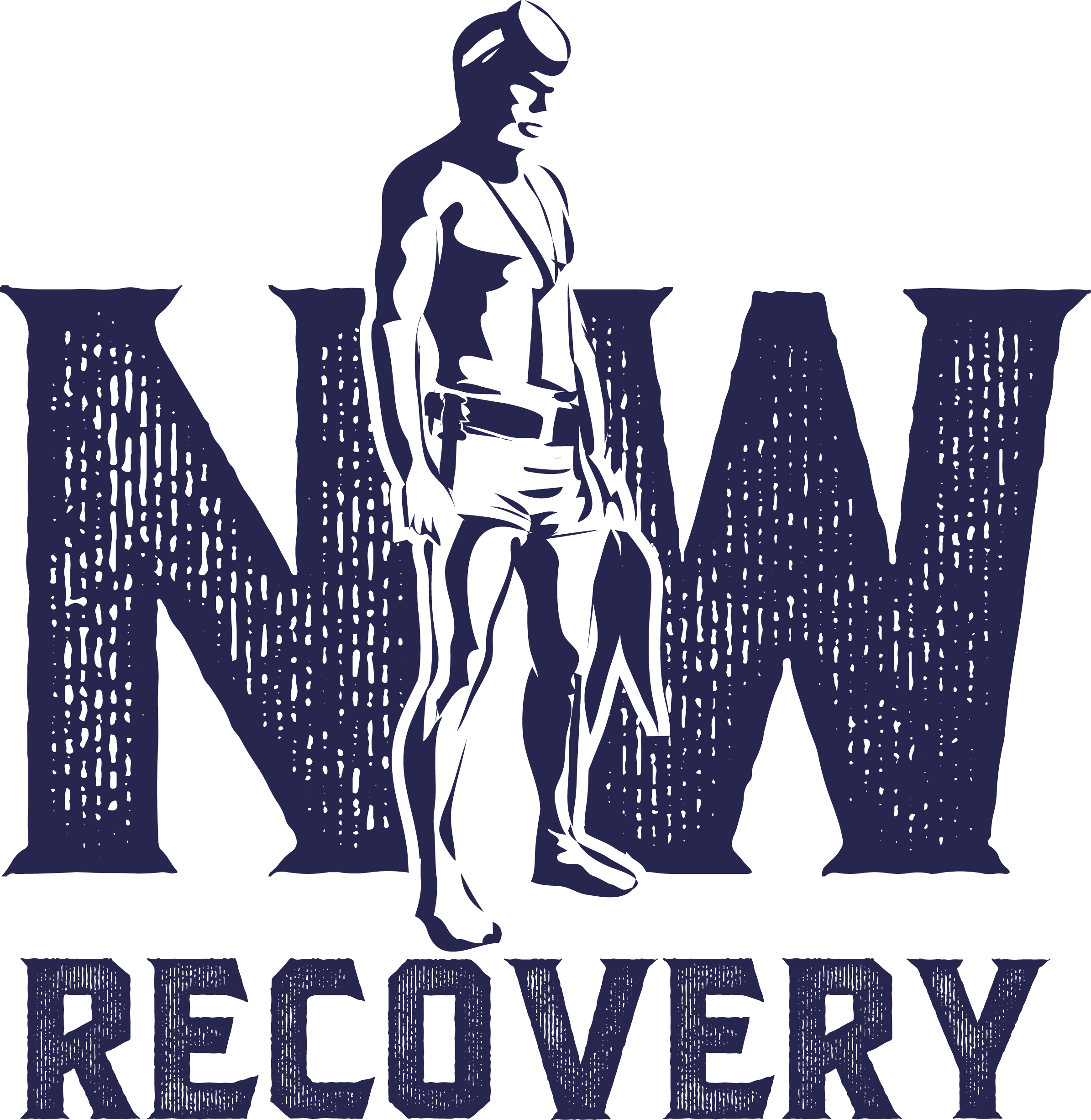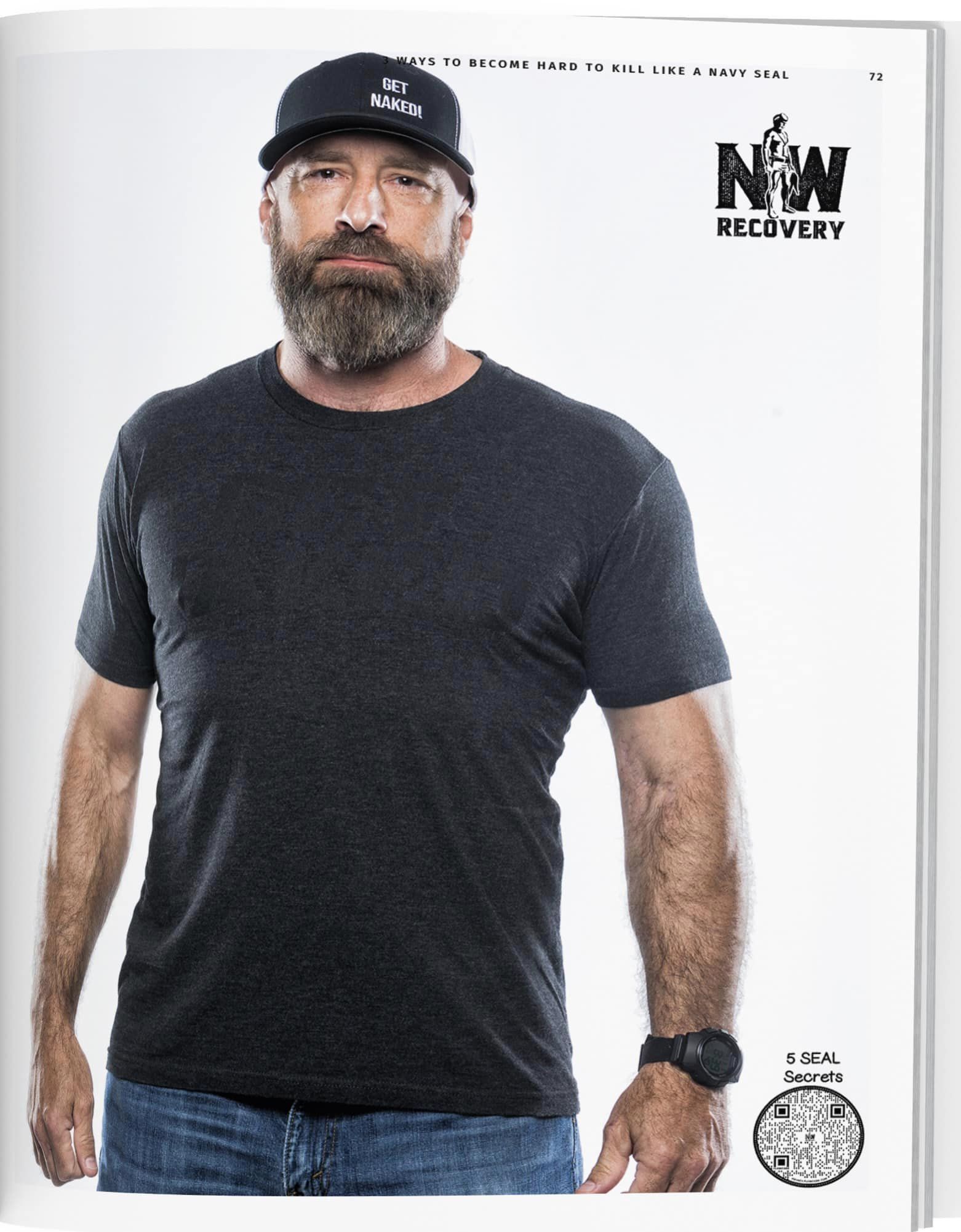Regret is a powerful emotion that can linger in our minds for years, haunting us and holding us back from fully embracing life. As someone who has lived through many challenges and successes, I have come to the realization that I hate living with regrets. I have very few things that I deeply regret doing in life, but those that I do continue to serve as a powerful reminder of the importance of pushing forward and never giving up. Failure has taught me more than any educational institution could ever come close to teaching.
Regret Can Haunt You If You Let It
As a Navy SEAL, I learned firsthand the value of pushing past my limits and taking risks. During my time in the military, I faced countless obstacles and challenges that tested my physical and mental strength. In many cases, I failed to meet these challenges head-on and was left with the haunting feeling of deep regret until I learned how to take the pressure I was feeling and turn it into power.
However, it was through these failures that I learned some of the most valuable lessons of my life. Failure taught me the importance of perseverance and determination. I learned that success is not guaranteed but that the willingness to try and fail over and over again can lead to incredible achievements.
Many people are embarrassed by their failures and try to hide them from the world. But I have always believed that failures should be celebrated as valuable learning opportunities. I display my failures like trophies because those failures are the foundation for all of my success!
I learned the importance of failure and how it can shape us into better, more effective leaders. The SEAL training program is one of the toughest in the world, and failure is an inevitable part of the process. But it’s how we respond to that failure that separates the successful candidates from the rest.
In SEAL training, we were taught to embrace our failures and use them as learning opportunities. We were encouraged to take risks and push ourselves to the limit, even if it meant failing in the process. This mindset allowed us to grow and develop as individuals and as a team, and it was a key factor in our success on the battlefield. SEALs are set up to fail every day, and we become conditioned to think critically, work together, and break through our barriers. Failing is second nature to us because it’s what teaches us to succeed.
The same principles apply to leadership. Leaders who are willing to take risks and learn from their failures are more likely to achieve success than those who are afraid to fail. Failure is not a sign of weakness; it’s a sign that we are pushing ourselves beyond our comfort zones and striving for something greater.
Those Who Fear The High Cost Of Failure Deeply Regret Quitting
As a leadership coach, I often draw on my own experiences as a Senior Chief in the military and in civilian life. My failures as a leader have taught me more than any book or training course ever could. When working with clients, I encourage them to embrace their failures and learn from them. The ability to acknowledge and learn from our mistakes is what separates successful leaders from those who struggle to achieve their goals.
In my experience, I have seen many individuals who are afraid to take risks or make tough decisions because they fear failure or regret. But by avoiding failure, they are also avoiding the potential for growth and development. The most successful leaders are those who are willing to face their fears and take calculated risks, even if it means failing in the process.
Can You Risk Living With The Cost Of Failure If Your Only Regret Is Not Trying?
Failure is not the end of the road. It’s simply a setback that can be overcome with perseverance and determination. When we fail, we have two choices: we can either give up and let the disappointment of our failure define us, or we can take them head on and push ourselves to become better.
I have experienced failure in many different forms. But each time I failed, I used it as an opportunity to learn and grow. Those failures have helped shape me into the person and leader I am today, and I am grateful for each and every one of them.
One of the most important lessons I learned from my failures was the value of taking risks. In the military, taking risks can mean the difference between life and death. But even in civilian life, taking risks is essential to achieving your desired outcomes. Without taking risks, we limit ourselves and miss out on valuable opportunities.
Of course, taking risks also means accepting the possibility of failure. Failure teaches us resilience, adaptability, and determination. These qualities are essential for anyone who wants to achieve their goals, whether they are personal or professional.
Avoid The Impact of Deep Regret And Practice Gratitude
Perhaps the most important of all the lessons I have learned from my failures is the value of gratitude. While it is easy to focus on our regrets and failures, it is important to also be grateful for the lessons they teach us. Gratitude helps us maintain a positive outlook on life and reminds us of the progress we have made, even in the face of adversity.
Gratitude is especially important for leaders. It is easy to become overwhelmed with the responsibilities and pressures of the job. However, taking the time to reflect on our failures and express gratitude for the lessons they teach us can help us become better leaders. By embracing our failures and learning from them, we can become more resilient, adaptable, and effective in our roles.
I faced many challenges that tested my leadership skills. One of the most challenging aspects of leadership in the military is the high-pressure environment and deep sense of accountability within the SEAL teams at all levels within Naval Special Warfare. Leaders are responsible for the lives of their team members and must make split-second decisions in life-or-death situations. Without the right kind of mindset, it is easy to become overwhelmed and second-guess ourselves in these situations.
But as I learned through my own failures, the key to effective leadership is to embrace the challenge – embrace the suck – and push through our fears. I said it earlier, and I’ll say it again, the best leaders are those who are willing to take risks and make tough decisions, even in the face of uncertainty. They are the ones who are willing to learn from their failures and use those lessons to become stronger and more effective leaders.
Regrets can be powerful if we allow them to be, but they should not hold us back from living our lives to the fullest.
So, if you find yourself facing failure or regretting something, remember that it’s not the end of the road. The answer is always no if you never ask. Use it as an opportunity to learn and grow and push yourself to become the best possible version of yourself. Be grateful for your failures and use them as a stepping stone to success. Embrace the challenge and push through your fears. With perseverance, determination, and a willingness to take risks, you can achieve anything you set your mind to. And most importantly, never give up on yourself or your dreams.






